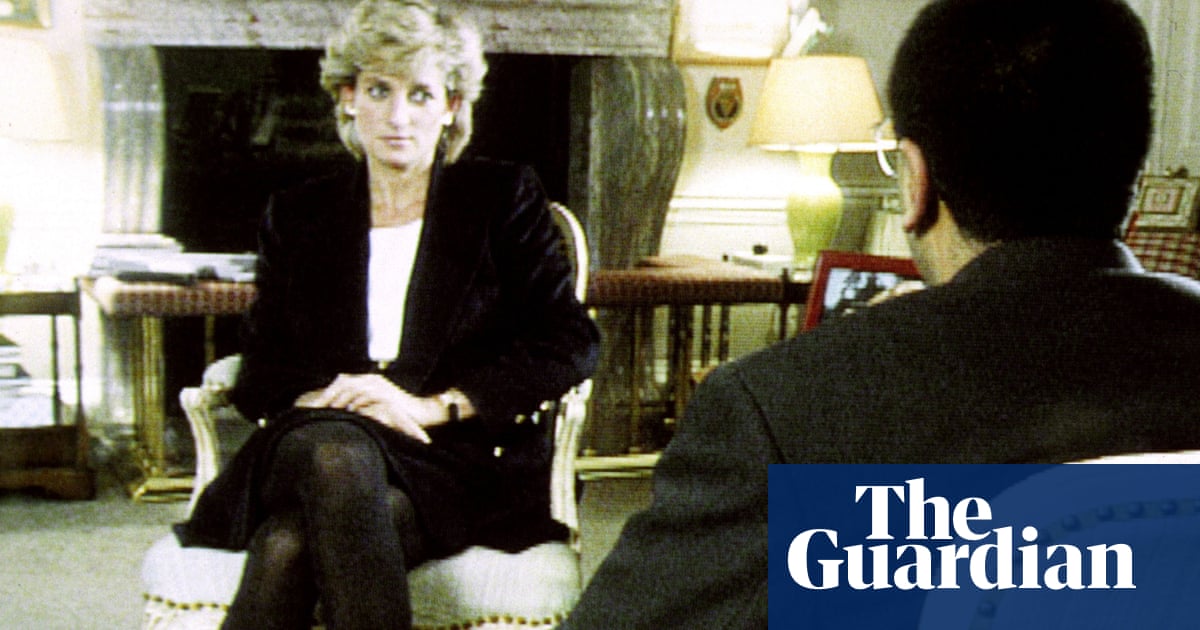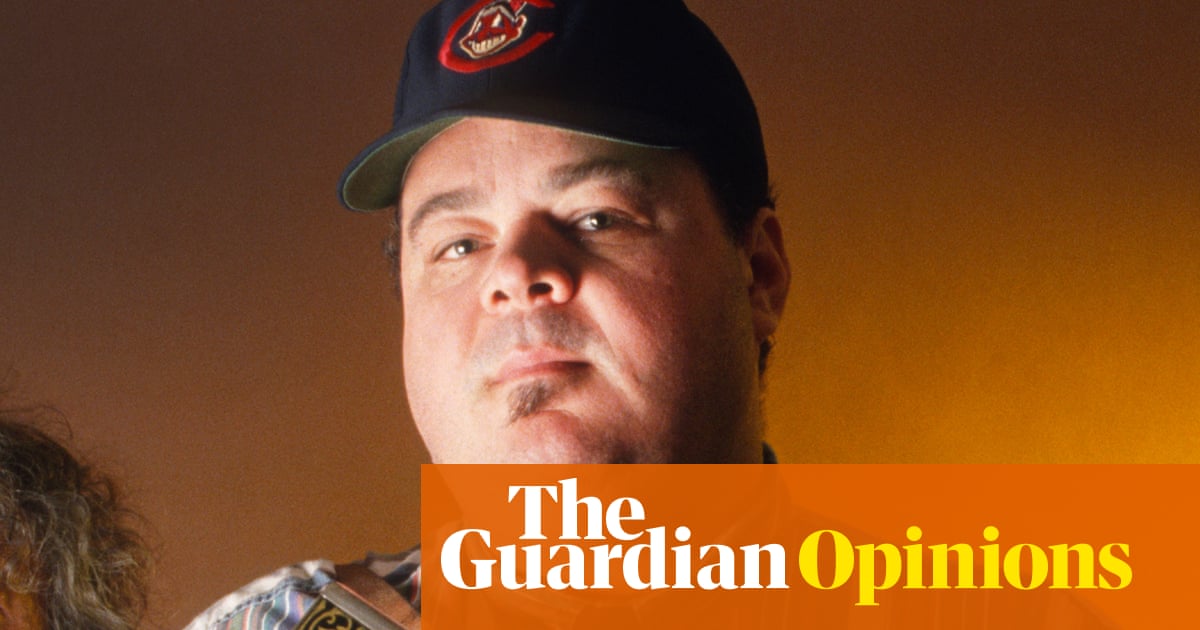Amid the daily troubling news coming from the United States are the ongoing and increasingly damaging efforts by President Donald Trump, supported by secretary of state Marco Rubio and Elon Musk, to shut down the US Agency for International Development (USAid). Musk has called it a “criminal organization” and said that it was “time for it to die”. The agency website is down, so little official information is available. But in the week since funding to the agency was frozen, and the majority of staff placed on leave, thousands of public health and development programmes worldwide have been thrown into turmoil, and now face an uncertain future.
USAid is the main federal agency that works to provide foreign aid assistance to the poorest countries and people in the world. On Friday, a US judge prevented around 2,000 USAid employees from being placed on leave, and ordered the reinstatement of about 500 more. But Trump and Musk appear to want to move forward with a plan that would see its global workforce reduced from about 10,000 staff and contractors, to just over 600.
It’s hard to overstate how disruptive this has already been to humanitarian work worldwide: most programmes have just been shut overnight with staff laid off, drugs and food left in warehouses, and patients and others not able to access services. The people affected live in some of the most vulnerable countries like Ukraine, Jordan, Ethiopia, Somalia, the Democratic Republic of the Congo, and Afghanistan.
Although we don’t know the full extent of the damage, specific reports suggest that vital services have been thrown into chaos. Some walk-in sexual health and HIV services in South Africa shuttered overnight without notice, Ethiopia’s health ministry has reportedly laid off 5,000 healthcare professionals who were hired with US funding, and nearly half a billion dollars worth of food aid overseen by the agency and currently in ports, transit or storage is destined to spoil.
USAid’s overall contribution is immense. It is the largest humanitarian operator globally – in 2023, the US provided 42% of all humanitarian assistance or about $68bn (£55bn), of which USAid spending made up about $40bn. And yet at the same time, both foreign aid and USAid specifically make up a tiny fraction of federal government spending: less than 1%. Cutting back makes little difference to overall US government spending, but is massively destructive to programmes reliant on this funding to deliver their on-the-ground work.
What does that less than 1% of federal spending buy the US public? This argument has been re-hashed in presidency after presidency, and the answers are clear.
Foreign aid can reduce instability, conflict and extreme poverty, which are major causes of mass displacement. Supporting programmes that keep more places safe and stable means fewer people needing to flee persecution, dire poverty or violence. With all the concerns over illegal immigration, reducing aid could make this challenge even harder to manage. Foreign aid can support countries to grow economically and create new markets and opportunities. Think of places like India, which have managed to create a vibrant and growing middle class.
In the world of global health, foreign aid is vital to support countries in managing health challenges, including outbreaks of infectious diseases. Just think back to the west Africa Ebola outbreak in 2014. Liberia, Guinea and Sierra Leone struggled to contain Ebola spreading and were reliant on international partners to assist them. It was in the interest of all countries to help them given that the global spread of Ebola was imminent. In addition, the US builds vital soft power and influence in countries in which it provides help. Russia and China have learned this lesson – and will probably step into the aid vacuum left by the US.
And beyond any of those “enlightened self-interest” arguments above is the simple fact that foreign aid helps other human beings who are struggling, including some of the poorest and most vulnerable in the world. It’s good to do because it’s simply good to do. Cutting programmes overnight means that women who might have lived are more likely to die in childbirth; those with HIV face not having access to clinics for lifesaving antiretroviral treatment; and hungry children no longer get nutritional supplements and food.
Foreign aid shouldn’t be a partisan issue. The largest global health programme for a single disease, Pepfar, was launched by a Republican president, George W Bush, and is estimated to have prevented 25 million Aids deaths since its creation. I think back to a poll of Americans in 2016 by the Kaiser Family Foundation, where more than 60% of respondents said that the US was spending either the right amount or too little on global health, and only about 30% thought it was spending too much. It’s not clear that the US public actually supports these drastic cuts and freezes.
Perhaps many now think that the US needs to worry more about its own domestic financial troubles than sending money overseas. A recent study found that the US economy is performing better than any of its peer countries, but performs worse on other metrics like health, happiness and social trust. “Wealthy but unhappy” is what the study’s authors found. Maybe the lesson here is that Americans need to reject Trump’s discourse and embrace being part of a global community and engaging with the world through agencies like USAid. That could lead to an America that is still wealthy, but just a bit more healthy and happy.
-
Prof Devi Sridhar is chair of global public health at the University of Edinburgh

.png) 2 months ago
22
2 months ago
22













































